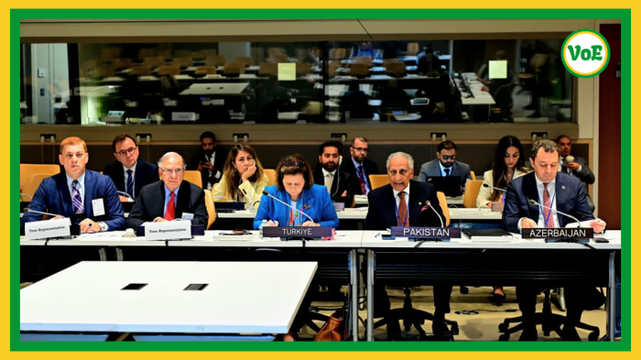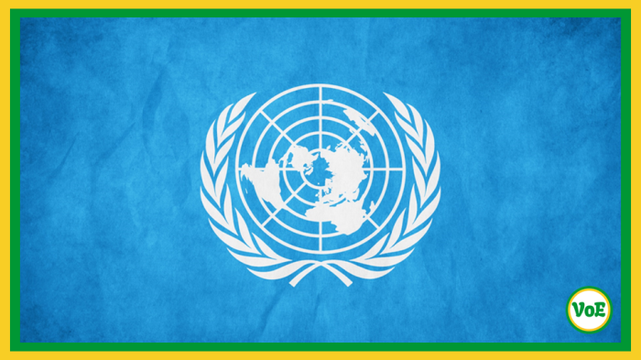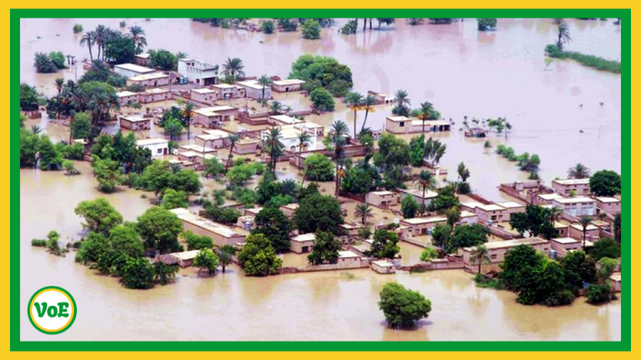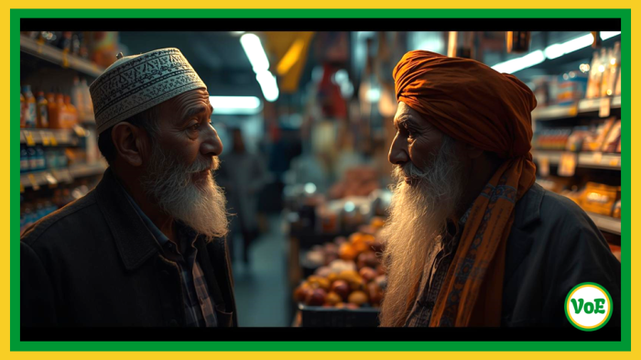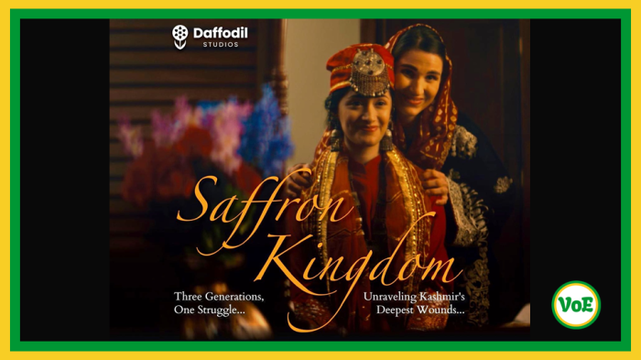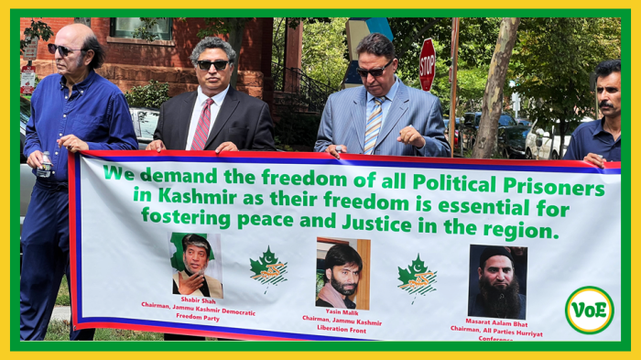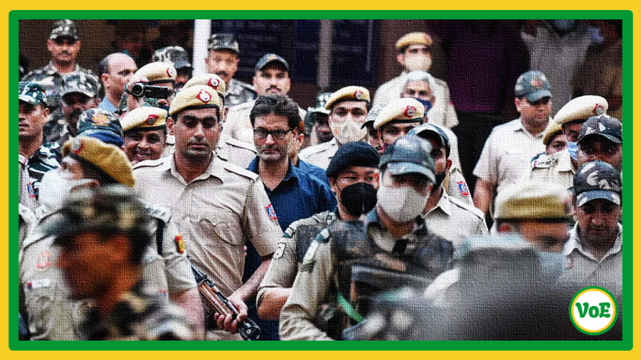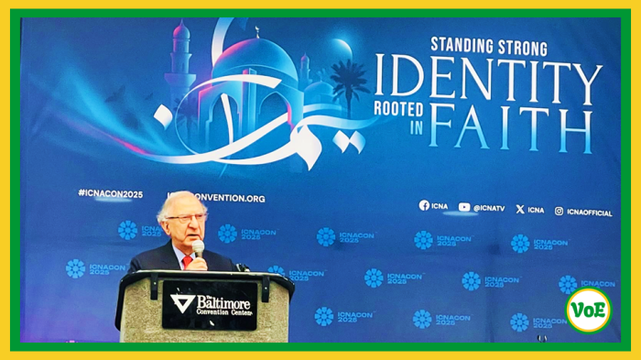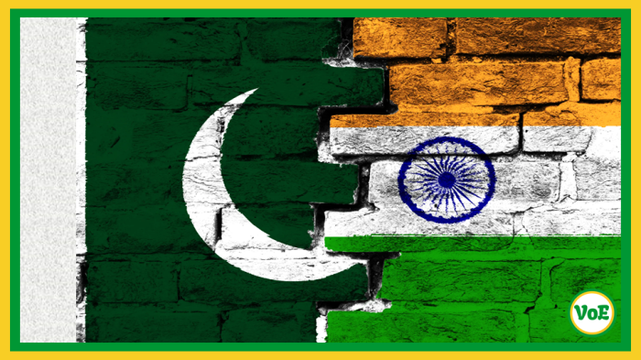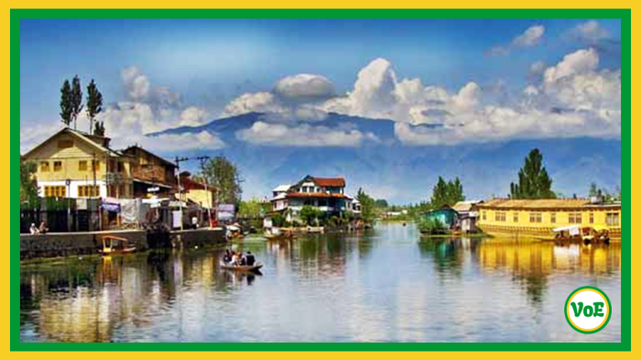OIC Rallies Global Support For A Just And Lasting Resolution In Kashmir
OIC Rallies Global Support For A Just And Lasting Resolution In Kashmir
By Our Special Correspondent
OIC wants to intensify efforts toward a peaceful, equitable, and sustainable resolution of Kashmir.
New York, New York – On September 23, 2025, during the opening of the High-level Segment of the 80th session of the UN General Assembly, the Organization of Islamic Cooperation (OIC) organized a Contact Group on Jammu & Kashmir meeting in Room 11 at the UN headquarters in New York. The OIC Contact Group, which has met yearly since 1994, was represented by the Deputy Secretary-General His Excellency Ambassador Yusuf Al-Dubai’e, as well as official delegates and esteemed dignitaries from Turkiye, Azerbaijan, Saudi Arabia, Pakistan and Niger. It was a powerful session that began by an official statement of the Secretary-General of the OIC, H.E. Hissein Brahim Taha.
The Secretary General emphasized that a just and lasting solution of the Jammu and Kashmir dispute is essential for peace and stability in South Asia and beyond. The recent escalation of tensions in the region once again highlights its status as nuclear flashpoint. Therefore, it is imperative that the international community take serious note of this situation and intensify efforts toward a peaceful, equitable, and sustainable solution in line with relevant UN Security Council resolutions.
Ambassador Yusuf Al-Dubai’e as a Special Envoy of Secretary General on Jammu and Kashmir himself has undertaken multiple visits to Azad Kashmir, including one in 2025. He has remained closely engaged with key stakeholders such as the leadership of successive administrations in Azad Kashmir and the leadership of All Parties Hurriyat Conference.
The statement by His Excellency Ishaq Dar, the Deputy Prime Minister and Foreign Minister of Pakistan read by Ambassador Tariq Fatemi, State Minister of Foreign Affairs highlighted the serious catastrophic situation in Indian Occupied Kashmir. He said that “For nearly eight decades, India has sought to incrementally consolidate its illegal occupation of Jammu and Kashmir. Since its unlawful and unilateral actions of 5 August 2019, India has pursued a systematic campaign to further disenfranchise, disempower, and disinherit the Kashmiri people. Through demographic engineering and legislative manipulation, India has sought to erode the distinct cultural identity of Kashmiris. Gerrymandering of constituencies, induction of outsiders on voter rolls, and new domicile and land laws are all designed to alter the occupied territory’s character in gross violation of international law.
Foreign Minister Ishaq Dar reiterated that the root cause of instability in South Asia remains the unresolved Jammu and Kashmir dispute. Until it is settled in accordance with Security Council resolutions and the wishes of the Kashmiri people, the region will remain hostage to such recurring crises. Pakistan, he added seeks peace and good-unneighborly relations with India, grounded in mutual respect and sovereign equality. But dialogue cannot be one-sided. India has chosen hostility over diplomacy, repression over reconciliation. In a nuclearized region of two billion people, such adventurism is reckless and perilous.
The foreign Minister of Pakistan suggested that the OIC should; Employ political and economic leverage to press India to end its repression in Indian occupied Kashmir; Demand release of political prisoners; Repeal of draconian laws; and Withdrawal of occupation forces from civilian areas; Support an impartial investigation into India’s gross and systematic human rights abuses and violations of international humanitarian law in the occupied territory.
Amb. Berris Ekinci, Deputy Minister of Foreign Affairs of Turkiye said that the Kashmir dispute remains one of the oldest unresolved conflicts on the agenda of the United Nations. Despite the passage of decades, it continues to demand the urgent attention of the international community. She added that it is incumbent upon the international community to play its due role in facilitating a peaceful, equitable. and lasting resolution to the Kashmir dispute – one that reflects the aspirations of the Kashmiri people and contributes to the broader goal of regional stability.
Ambassador Ekinci made the stand of Turkish government clear by stating that the solidarity of Turkey with Kashmiri brothers and sisters will continue with a view to ending their suffering though a peaceful, comprehensive and lasting solution to the problem.
Ambassador Elnur Mammadov, Deputy Minister of Foreign Affairs of Azerbaijan spoke persuasively on the deep brotherhood with Pakistan and the people of Kashmir committing to raise awareness of the atrocities whenever the opportunity arose. He emphasized the unique relationships between the two countries – Pakistan and Azerbaijan – that he described as a ‘unbreakable’ and insisted that India honour both bilateral commitments and UN resolutions to resolve the issue.
Saudi delegate said that OIC needs to explore ways and comprehensive strategy to resolve the Kashmir dispute. Kashmir conflict needs to be resolved through peaceful dialogue and the people of Jammu and Kashmir need to be given their legitimate right to decide their future.
Dr. Farhan Mujahid Chak, the Secretary-General of Kashmir Civitas and a Professor of Political Science currently a Sessional at MacEwan University was invited to present his research and findings, which he has comprehensively documented in his book, “Nuclear Flashpoint: The War Over Kashmir.” This research-based publication has received wide book-reviews from leading academics on Kashmir. He explained that fascist Hindutva government has allied with genocidal Zionism against the rights of Muslims and other minorities in India. He drew the attention to six urgent ways in which the current fascist Bharatiya Janata Party (BJP) government in India poses a geopolitical and security threat to Muslim countries and the international order. This threat is not simply regional; it is systemic and global: Alliance of Hindutva and Zionism; Fifth Column; Operations in Muslim State; Neo-Imperial Exploitation in Africa; Nuclear Brinkmanship; Proliferation of Hazardous Materials; Global Islamophobia.
Dr. Chak warned that these actions constitute grave breaches of International Humanitarian Law, including the Third and Fourth Geneva Conventions. They must be assessed beyond the limited prism of Pakistan-India bilateral tensions. India’s rapacious drive for superpower status—combined with its imperial ambitions—has weaponized its geographic and cultural proximity to the Muslim world and global South. This poses an imminent and multifaceted challenge that we must collectively confront. We must take initiative in collaborating with all those states and civil society organizations in the Global South and North who oppose hegemony and inequality.
Dr. Chak maintained that the people of Kashmir urgently require the principled support of OIC. But equally, the broader Muslim world must recognize that India’s current trajectory poses a systemic threat to international peace, security, and prosperity. It is imperative that we respond decisively and collectively to these challenges as we navigate an evolving world order.
Dr. Ghulam Nabi Fai, Secretary General of World Kashmir Awareness Forum, speaking during OIC Contact Group on Jammu & Kashmir said, “The struggle of the Kashmiri people is not just about land. It is about dignity, survival, and the right to decide their own future. As the world awakens to the reality of Palestine, let us remind ourselves that justice for Kashmir is equally overdue. The people of Kashmir cannot be asked to wait another generation.
Dr. Fai added that even Kashmir’s economy is being strangled. The fruit industry, which is the backbone of Kashmir’s livelihood, is under deliberate attack. Apples and walnuts, harvested with the hard work of farmers, are blocked on highways, left to rot before they reach markets. Families lose their income, and entire communities sink deeper into despair. This is not mere neglect; it is an intentional economic blockade; part of a broader settler-colonial project designed to weaken and disempower the Kashmiri people.
Dr. Fai proposed to the OIC to play a stronger role in several ways. First, it must keep Kashmir firmly on the agenda of the United Nations and international organizations. Second, it should encourage mediatory efforts that include Kashmiri representatives, so their voices are not silenced. Third, it must provide ‘safe havens’ for the Kashmiri Diaspora, especially those fleeing oppression in Occupied Kashmir. Fourth, it must provide scholarships for meritorious students. Fifth, it must convince the United Nations to persuade Government of India to rescind all draconian laws including Unlawful Activities Prevention Act (UAPA) but in particular the Domicile Law which is designed to change the demography of Kashmir and change the majority Muslim character into a minority community. Sixth, it must persuade the Government of India to release all political prisoners unconditionally, including Mohammad Yasin Malik, Shabir Ahmed Shah, Masarat Aalam Bhat, Aasia Andrabi, and others to create a condition for a sustained and meaningful dialogue between India, Pakistan and genuine Kashmir leadership.
Dr. Fai concluded by saying that the OIC has the moral duty and the political weight to stand by the people of Jammu & Kashmir with concrete action. Only then will our commitment to justice be complete.
#GeneralAssembly #India #IndianOccupiedKashmir #Kashmir #OIC #UN #UNGA #UnitedNations
